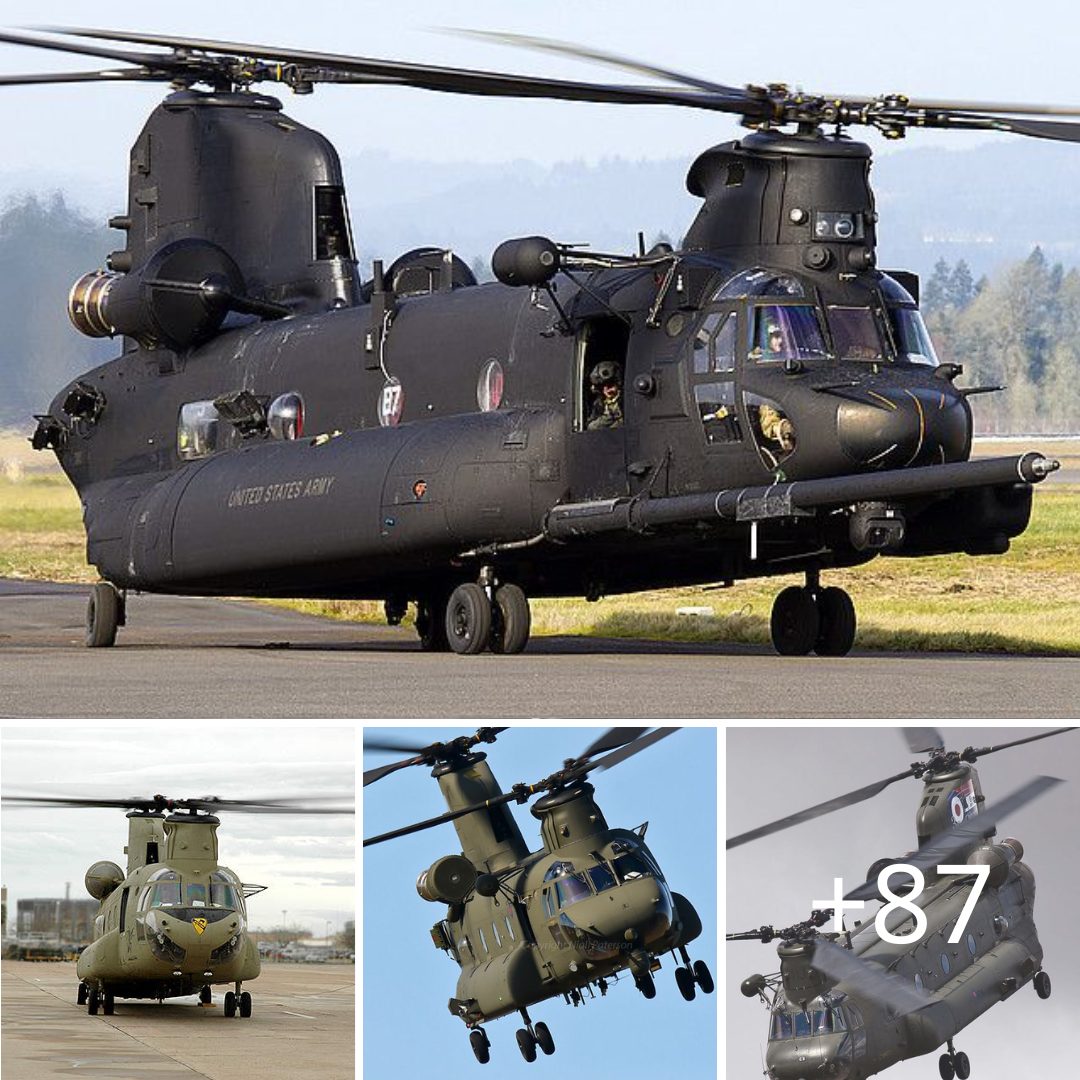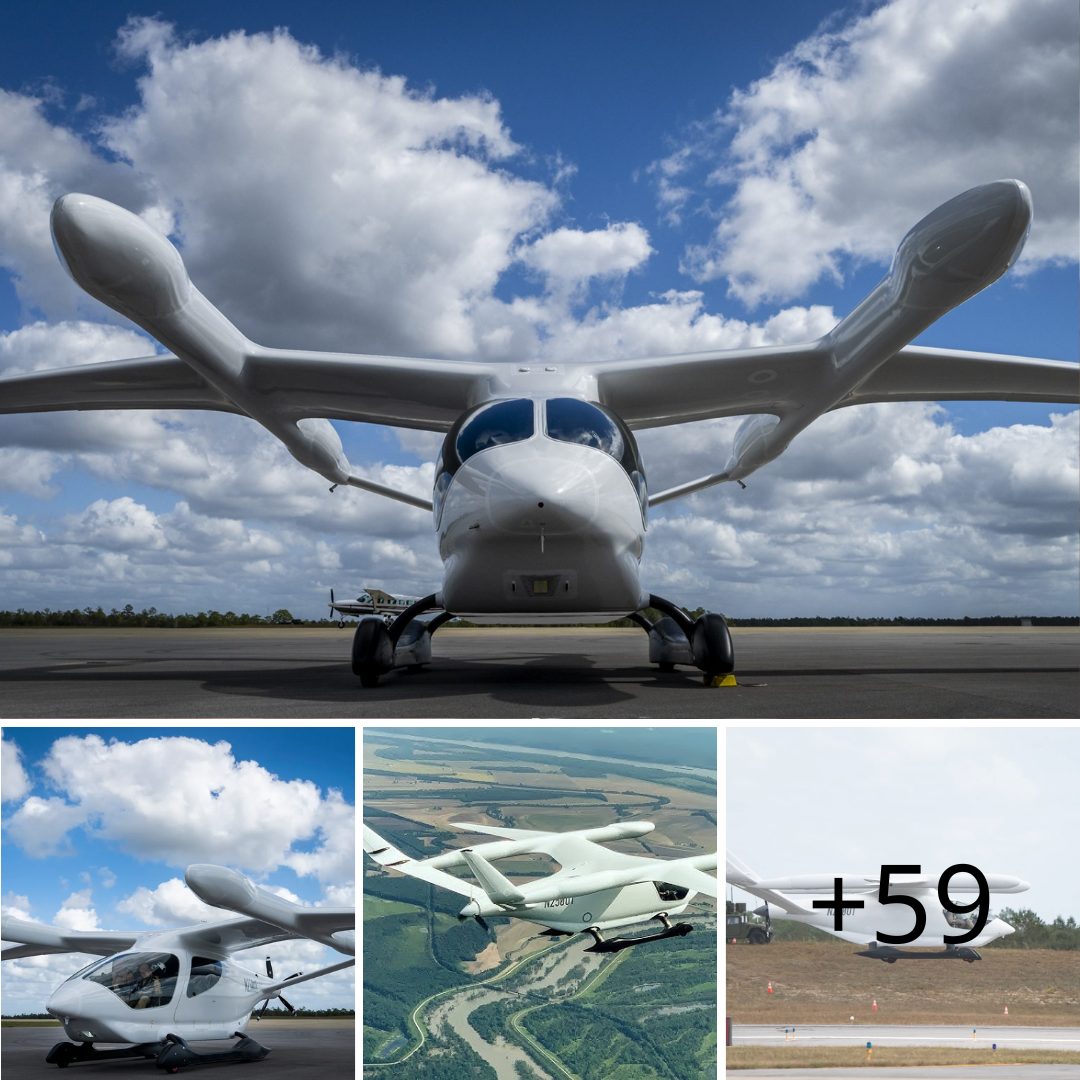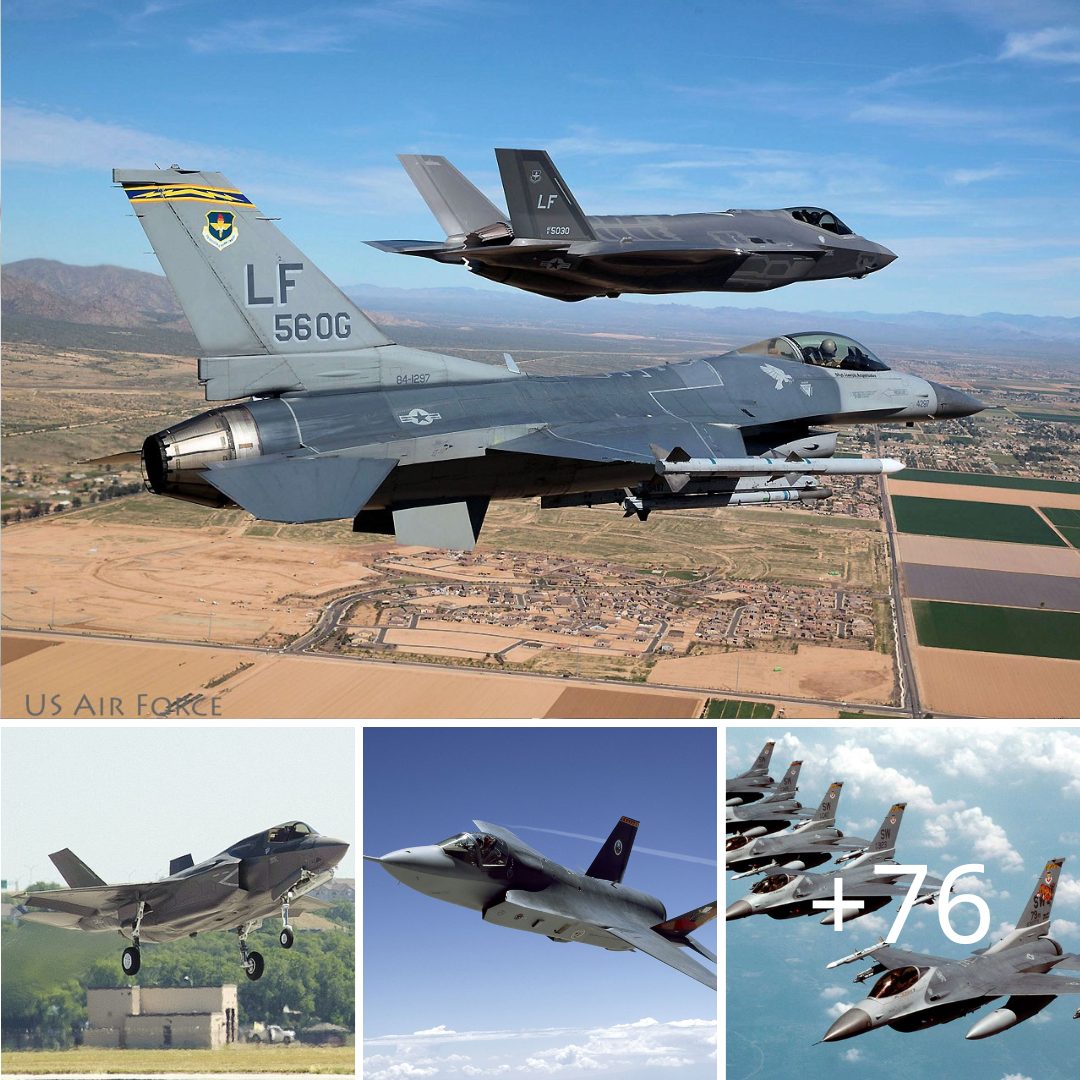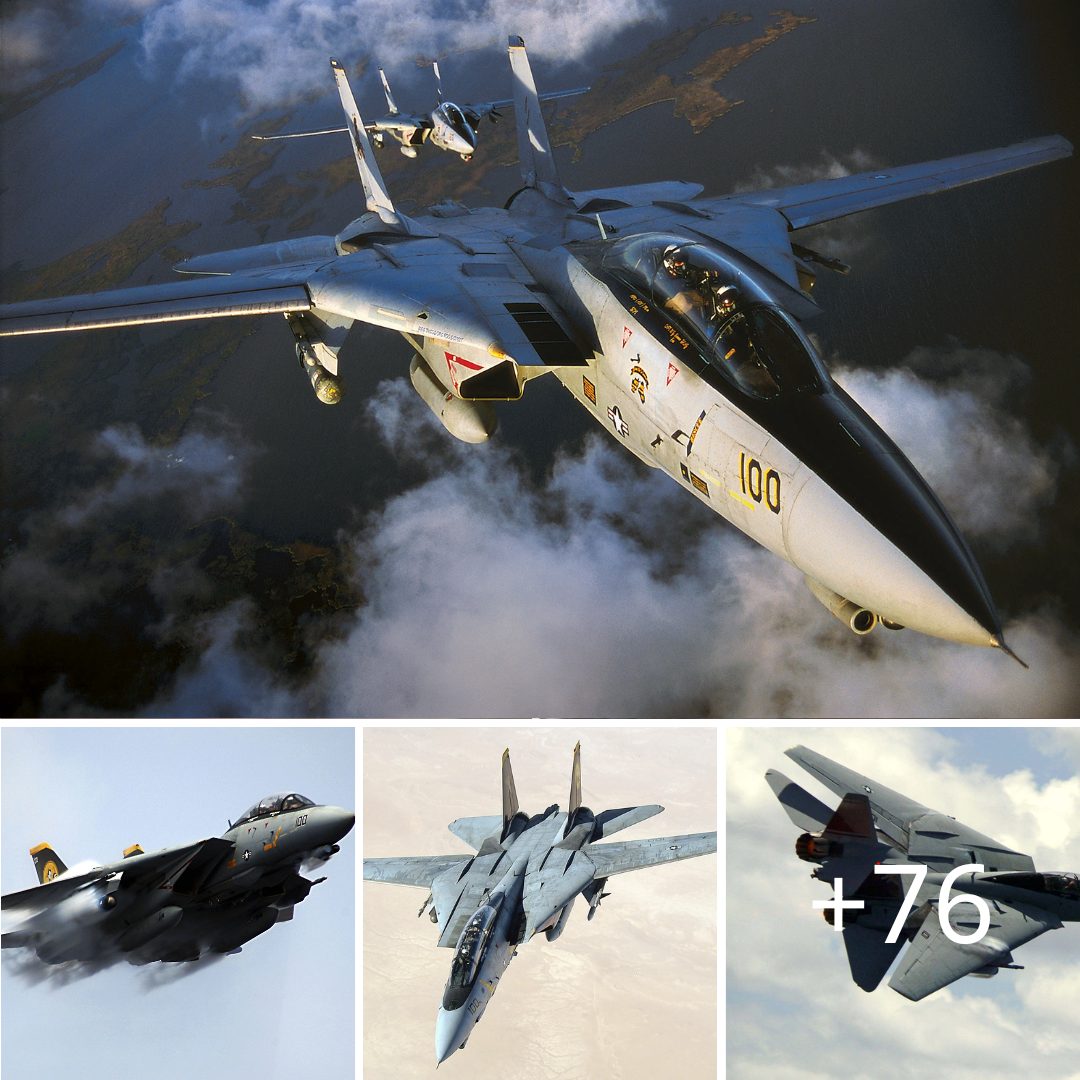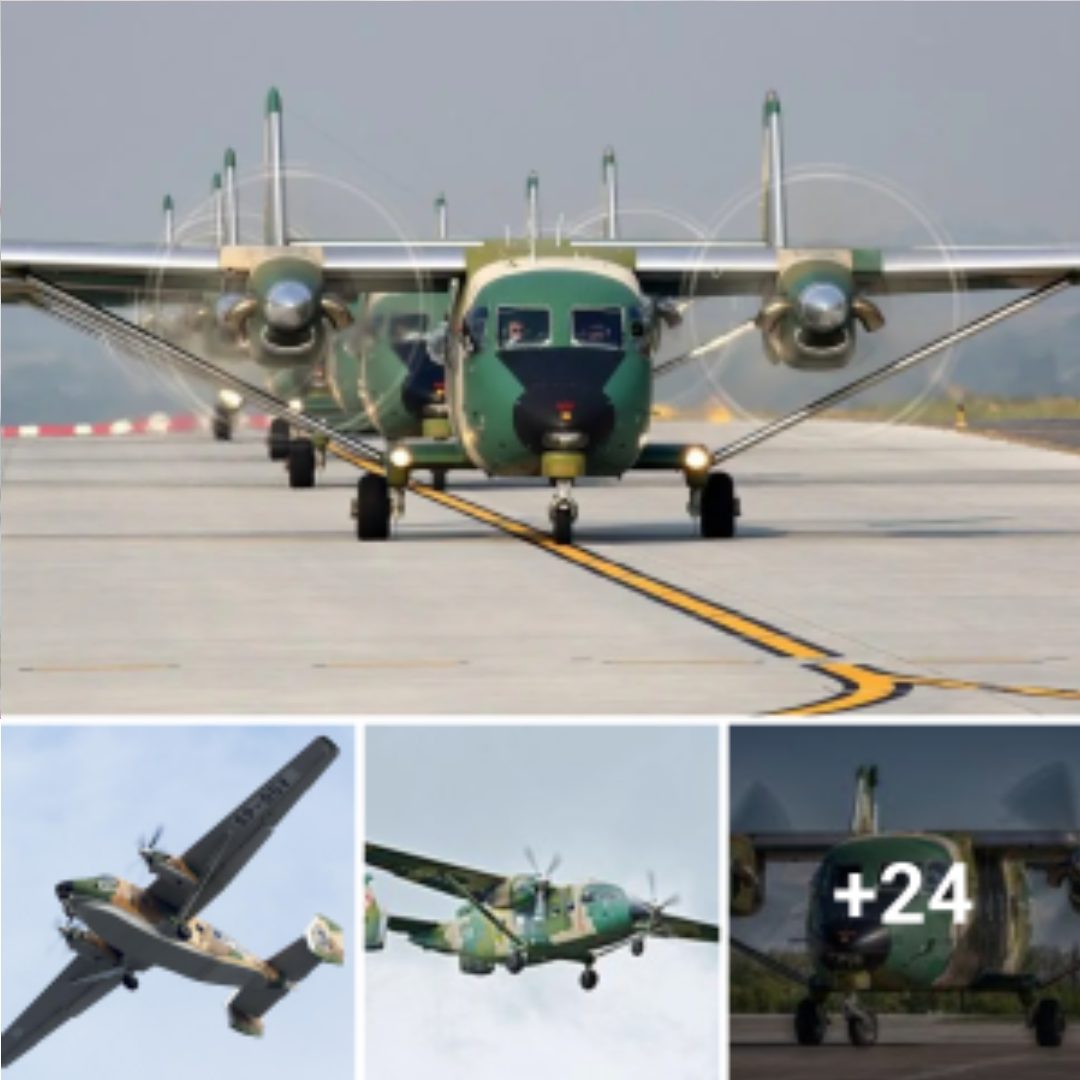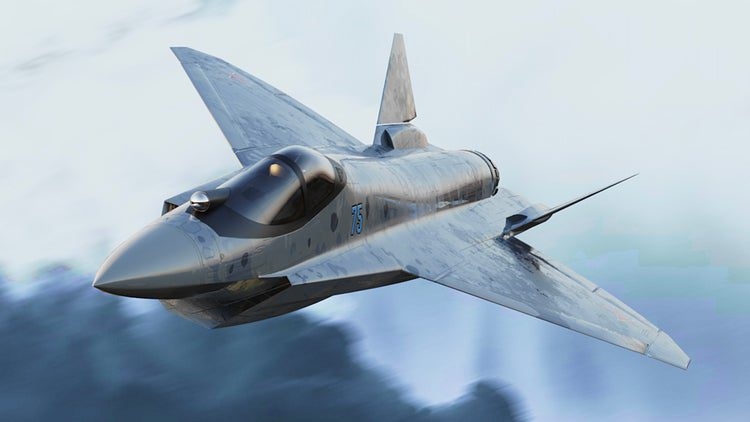
In a bid to bolster its airpower capabilities, Nigeria has expressed keen interest in acquiring Russian fighters, including the highly coveted fifth-generation Checkmate. Dmitry Shugaev, director of Russia’s Federal Service for Military-Technical Cooperation (FSVTS) revealed.
Details of this development surfaced during the ongoing the Russia-Africa Forum which is underway in St. Petersburg, Russia’s cultural capital, on July 27-28. The first day of the event featured speeches by the Russian President, African leaders and prominent political figures on the prospects for Russia-Africa cooperation.
This move comes after Russia’s Rosoboronexport state arms seller last year acknowledged requests for the fifth-generation Su-57E and Su-75 fighter from five countries in the Asia-Pacific region, Africa, and Europe at the MAKS 2021 international aerospace show.
While the specific customer’s identity was undisclosed at the time, subsequent indications point to Nigeria as one of the contender for the Su-75, along with other African nations like Egypt, Algeria, and Morocco. In recent times, these North African countries have expressed their desires to acquire advanced fifth-generation stealth fighter jets, aiming to elevate their airpower capabilities.
Among these advanced aircraft, the state-of-the-art Su-75 Checkmate fighter has especially captured Nigeria’s attention and piqued its interest.
The Su-75, also known as the Checkmate, represents the pinnacle of Russia’s aerospace technology, boasting stealth capabilities and advanced avionics. With its unrivaled agility and cutting-edge weaponry, the aircraft promises a paradigm shift in air warfare and would be a game-changer for any air force operating it.
Sergei Chemezov, head of Rostec, estimates each Checkmate jet to cost around $ 25-30 million. To reduce its cost, the jet will reportedly be fitted with AL-41F engine, Irbis-E phased array radar, avionics and cockpit of Su-35 aircraft. The Checkmate will not be fitted with EW or self-protection suite to attract budget friendly customers.
Russia began aggressively marketing it’s new Su-75 stealth “Checkmate” fighter jet which Sukhoi unveiled on July 20 during the MAKS 2021 aviation show, to African and Asian countries.
“Judging by the visits by delegations to the pavilion at MAKS Airshow, (we know that) the interest (in the Checkmate) is very great. And, of course, we will now carry this plane to exhibitions in Africa if they return to their usual offline mode,” Yuri Slyusar, head of state-owned United Aircraft Corporation (UAC), said in an interview with the Vedomosti newspaper at the time.
Russia is currently targeting countries of African countries for potential export of it stealth aircraft. Russian previously depended on Indian funds to develop Su-57 and the development of Su-57 was hindered by Indian withdrawal from the program. The Western sanctions also hinder development of the Russian aircraft and foreign sales of the aircraft.
At the heart of Nigeria’s pursuit for enhance air power capabilities lies the recently introduced Su-75 Checkmate stealth fighter jet. This state-of-the-art aircraft has garnered significant attention from both African and Asian countries, including Nigeria, seeking to enhance their air defence capabilities.
During the negotiations with Nigeria at the ongoing Russia-Africa Forum, Dmitry Shugaev unveiled the African nation’s strong inclination towards procuring modern fighter jets.
Described as being unique for its class, the weapons load of the Su-75 Checkmate is stated as 7,400kg (16,314lb), which will include stores carried on five internal hardpoints (located within three weapons bays) as well as six more pylons located externally.
For the Nigerian Air Force (NAF), which currently operates a fleet of 14 Chinese Chengdu F-7Ni Airguard fighter jets and three Pakistani-made JF-17 Thunder air superiority fighters, the acquisition of the Su-75 Checkmate would represent a substantial leap forward. The advanced technology, enhanced maneuverability, and superior stealth features of the Checkmate could provide Nigeria with a significant airpower boost, granting the country a competitive edge in the region.
While the competition for these advanced fighter jets remains intense, the decision by Nigeria to explore Russian options signifies a strategic shift in its military modernization efforts. As the security landscape in Africa continues to evolve, nations recognize the importance of equipping their defence forces with cutting-edge technology to respond effectively to evolving threats.
According to Shugaev, it is too early to talk about contracts. At the same time, partners are actively looking at Russian models of aviation equipment.
However, Nigeria, like other African nations, faces budgetary constraints and competing priorities, which could pose challenges in acquiring such high-end military assets. The acquisition process involves not only the procurement of the fighter jets but also the establishment of comprehensive training programs, maintenance infrastructure, and logistics support to ensure the aircraft’s optimal performance and longevity.
Nonetheless, with the geopolitical landscape witnessing increased competition among global powers for influence in Africa, Nigeria’s pursuit of advanced fighter aircraft sends a clear message of its determination to safeguard its territorial integrity and national interests.
The successful acquisition of fifth-generation fighter jets would not only elevate Nigeria’s military capabilities but also reflect the nation’s commitment to enhancing regional security and stability.
The decision to explore fifth-generation aircraft demonstrates Nigeria’s commitment to maintaining a strong defense posture in a rapidly evolving security environment. The outcome of these negotiations holds the potential to reshape Africa’s air warfare landscape, ushering in a new era of advanced military capabilities on the continent.
Nevertheless, Moscow also disclosed that it has partially fulfilled the contract for the supply of 12 Mi-35 combat helicopters ordered by Nigeria in October 2019.
Outside military equipment, Nigeria intends to discuss with Russian nuclear agency Rosatom plans of construction of a nuclear power plant in the country, government spokesman Gabriel Aduda told Sputnik on Friday.
“We would speak with Rosatom on the issue of a nuclear power plant in Nigeria. We already have an intergovernmental agreement that has been on for a while. And we are gonna project a development agreement. I think it is time for us to be looking in that direction as well,” Aduda said on the sidelines of the Russia-Africa summit.

